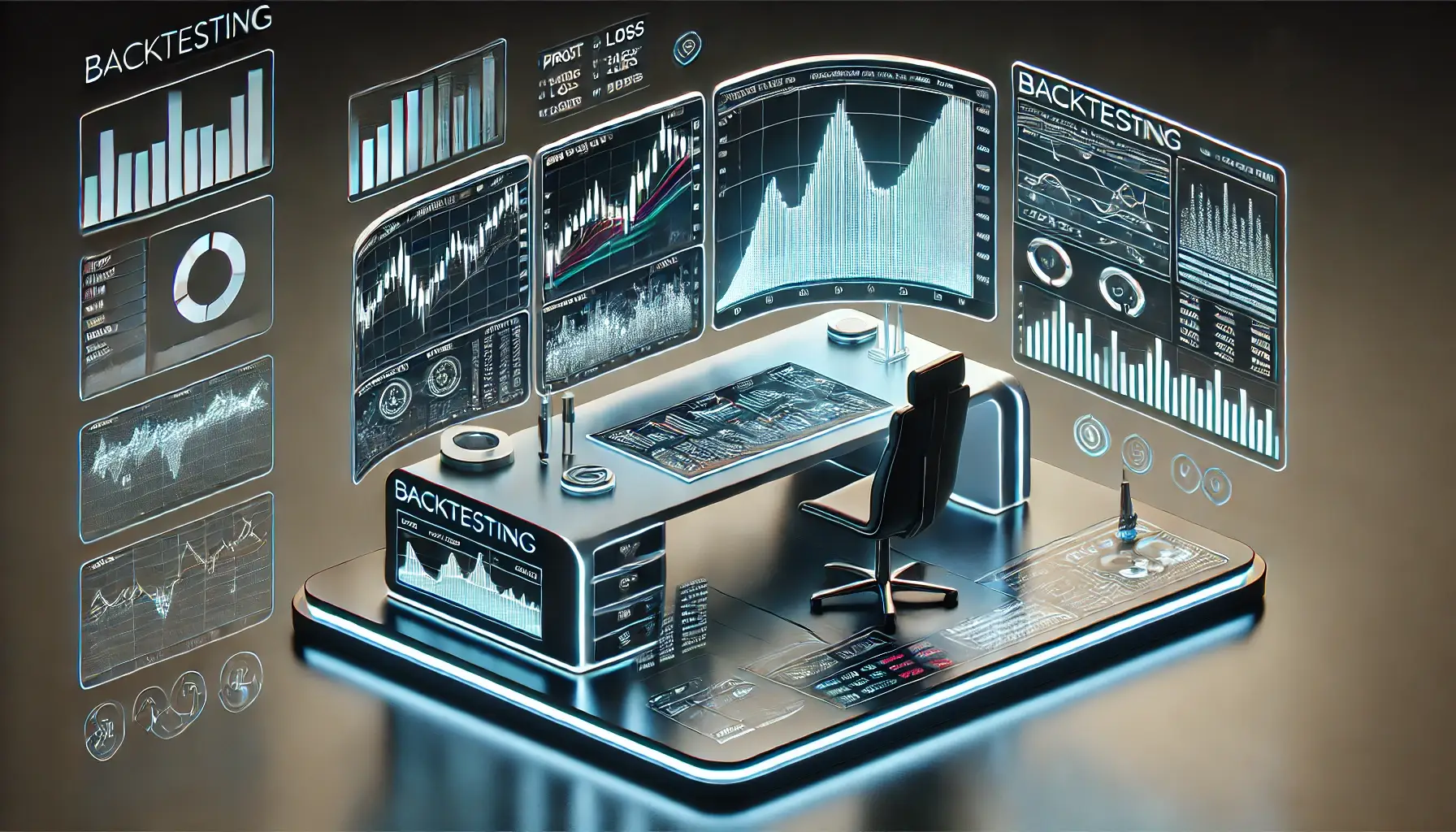Why Managing Emotions is Critical for Trading Success
Emotions are an inevitable part of trading. The volatility of the market means that even the most experienced traders will experience fear, greed, excitement, and frustration at some point. However, emotional trading can lead to poor judgment, impulsive trades, and ultimately, significant losses.
The Impact of Emotional Trading:
Fear: Fear of losing money can cause traders to exit positions too early, missing out on potential profits. It can also prevent traders from taking new opportunities, paralyzing their decision-making process.
Greed: On the flip side, greed can push traders to hold onto winning positions for too long, hoping for even greater profits, only to see the market reverse and erase gains.
Frustration: A string of losses can lead to frustration, causing traders to deviate from their plan in an attempt to “win back” their losses, which often results in even more losses (also called “Revenge Trading”). For prop traders, where consistency and risk management are paramount, keeping emotions in check is essential to long-term success.
Identifying Your Emotional Triggers
Before you can manage your emotions, you need to understand what triggers them. Each trader has different emotional triggers based on their trading style, experience, and personality. By identifying these triggers, you can take proactive steps to mitigate their impact.
Common Emotional Triggers:
Market Volatility: Sudden price movements can cause fear or excitement, leading to impulsive decisions.
Losses: Consecutive losing trades can trigger frustration and desperation.
Uncertainty: Lack of confidence in your strategy can result in hesitation and second-guessing.
Example: A trader who fears missing out on a profitable trade may feel the urge to enter the market at inopportune times, leading to losses. Recognizing this trigger can help the trader step back and reassess the situation more objectively.
Practical Strategies for Managing Emotions in Trading
Once you’ve identified your emotional triggers, the next step is to develop strategies for managing them. The following are practical techniques you can implement to maintain emotional balance and make more rational trading decisions.
Stick to Your Trading Plan:
Your trading plan is your roadmap in the market. By sticking to your pre-defined rules for entry, exit, and risk management, you can reduce the influence of emotions on your decisions.
Tip: Write down your trading plan and refer to it before making any trade. This helps reinforce the importance of following your strategy, even when emotions run high.
Use Risk Management Tools:
Proper risk management is one of the best ways to keep emotions in check. By limiting your potential losses through stop-loss orders and appropriate position sizing, you can reduce the fear of losing large sums of money.
Tip: Set your stop-loss levels before entering a trade and resist the temptation to adjust them once the trade is active.
Take Breaks When Needed
Sometimes the best way to manage your emotions is to step away from the screen. Taking a break during high-stress moments allows you to clear your mind and return with a more rational perspective.
Tip: If you find yourself feeling overwhelmed, take a short break to refocus. Even a five-minute walk can help you regain control over your emotions.
Practice Mindfulness and Meditation
Mindfulness techniques, such as meditation, can help you stay calm and focused, even during market volatility. By practicing mindfulness, you can become more aware of your emotional responses and learn to manage them effectively.
Tip: Start with short daily meditation sessions and gradually increase the duration as you become more comfortable with the practice.
Keep a Trading Journal
A trading journal allows you to track not only your trades but also your emotional state during each trade. By reviewing your journal regularly, you can identify patterns in your emotional responses and work on improving them.
Tip: After each trading session, note how you felt during each trade and whether those emotions influenced your decisions. This will help you recognize areas where you need to focus on emotional management.
See also: Mastering the psychology of trading in prop firm challenges.
Conclusion
Managing emotions under pressure is a critical skill for prop traders. By recognizing your emotional triggers, developing practical strategies, and committing to emotional discipline, you can make more rational decisions and improve your overall trading performance.





